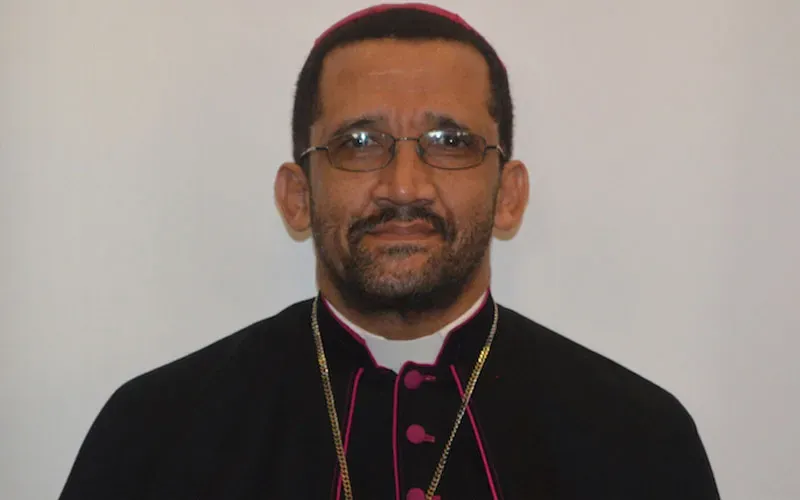Umtata, 20 January, 2022 / 9:25 pm (ACI Africa).
A South African Bishop has expressed concern about the “inhumane” manner in which Zimbabweans are being treated in the country since the South African government announced plans to stop the Zimbabwean Exemption Permit (ZEP) which was implemented in 2017 to regularize the stay of undocumented Zimbabweans.
On January 7, South Africa’s Home Affairs Minister, Aaron Motsoaledi, announced that Zimbabwean nationals have until the end of December this year to apply for necessary visas.
Media reports indicate that some South Africans have started conducting “clean-ups” in what they call Operation Dudula, by evicting Zimbabweans from rented houses and market places. Some Zimbabweans have reportedly been bundled into police trucks.
In an interview with ACI Africa correspondent in South Africa, the President of the Southern African Catholic Bishops Conference (SACBC) has said the ill treatment of Zimbabwean nationals dwelling in the country is embarrassing.
“You see on television how humiliated people are when they are put on the back of police vans. Some of them are young women and children,” Bishop Sithembele Anton Sipuka told ACI Africa January 18 on the sidelines of the first annual SACBC Plenary Assembly.








